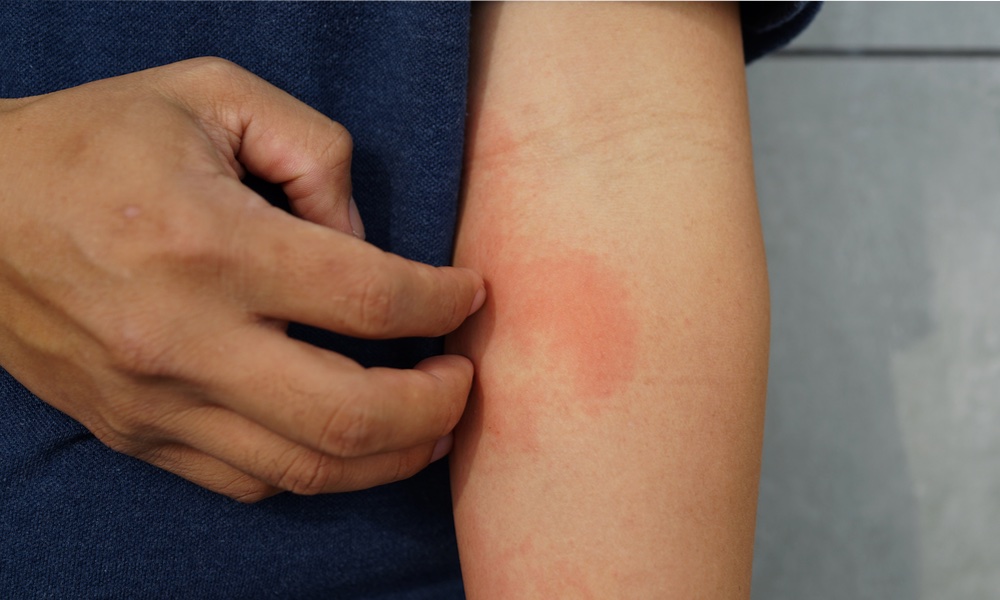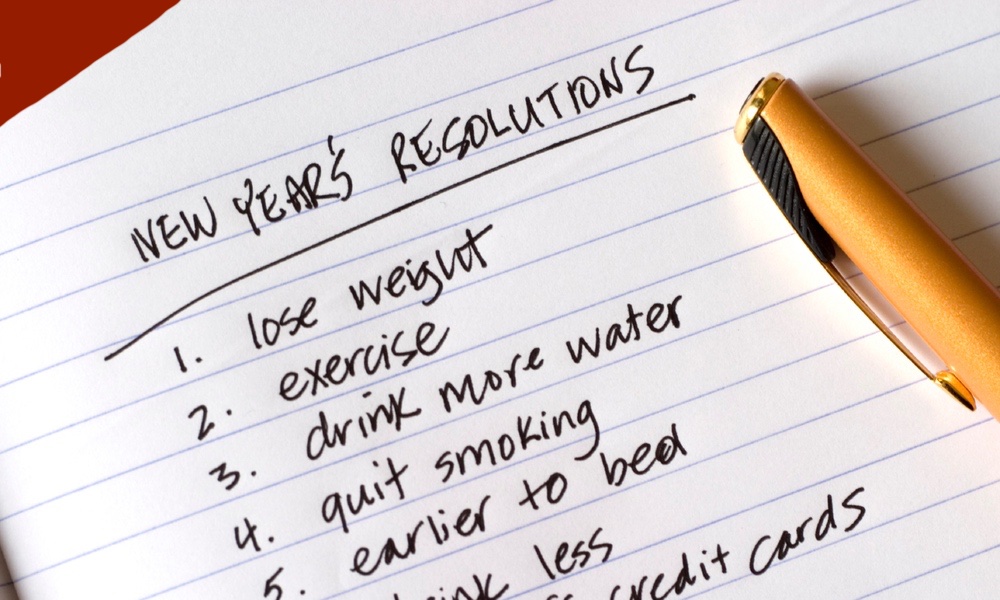Eating too much sodium — salt — is implicated in a variety of diseases: heart disease, stroke, high blood pressure, osteoporosis, stomach cancer, and kidney stones. And then there’s the puffiness, bloating, and weight gain after indulging in high-sodium foods.
So the fact that food manufacturers are offering more foods with less sodium is generally good, but there is one exception: the move puts people with chronic kidney disease (CKD) at risk for taking in too much potassium.
Historically, salt was added to foods to preserve them and prevent spoilage. As better ways of preserving foods evolved, like refrigeration, sodium was added to enhance the flavor and texture of packaged foods.Added potassium may make low-sodium foods unsafe for people with chronic kidney disease.
For a healthy person, that’s not a big deal, but for someone in the advanced stages of CKD, it could be a problem.
Diseased kidneys are no longer able to remove excess sodium, potassium and phosphorus from the blood so patients must keep their intake of these nutrients low. But with potassium and phosphorus being added to foods in which the sodium content has been lowered, CKD patients could find themselves in a Catch-22 situation.
Arti Sharma Parpia, a registered dietitian at St. Michael’s Hospital in Toronto, and her colleagues analyzed 19 sodium-reduced meat products from Canada’s major grocery store chains. The protein, sodium, phosphorus, and potassium content of each was compared with the original versions.
They found that the sodium-reduced meat products indeed had less sodium, 25 to 55 percent less, but the potassium content was much higher at 210 to 1,500 mg per 100 grams. Additives containing potassium were found in 63 percent of the sodium-reduced products and 25 percent of the original products. The phosphorus and protein content of both non-sodium reduced and sodium-reduced products were about the same.
“Patients with chronic kidney disease need to be aware of the potential for higher potassium content in sodium-reduced foods, as they are educated to follow a low sodium diet and may inadvertently choose sodium-reduced foods without realizing the risk of an increased potassium load from additives,” she said in a statement.
Potassium content is not currently required to be listed on the Nutrition Facts panel of food labels. Parpia would like to see it added, particularly on the labels of foods that claim to be reduced in sodium. Patients with CKD need the information to make informed food choices, since the added potassium may make low-sodium foods unsafe for them.
The study was presented at the American Society of Nephrology’s Kidney Week 2014 in Philadelphia, PA.




